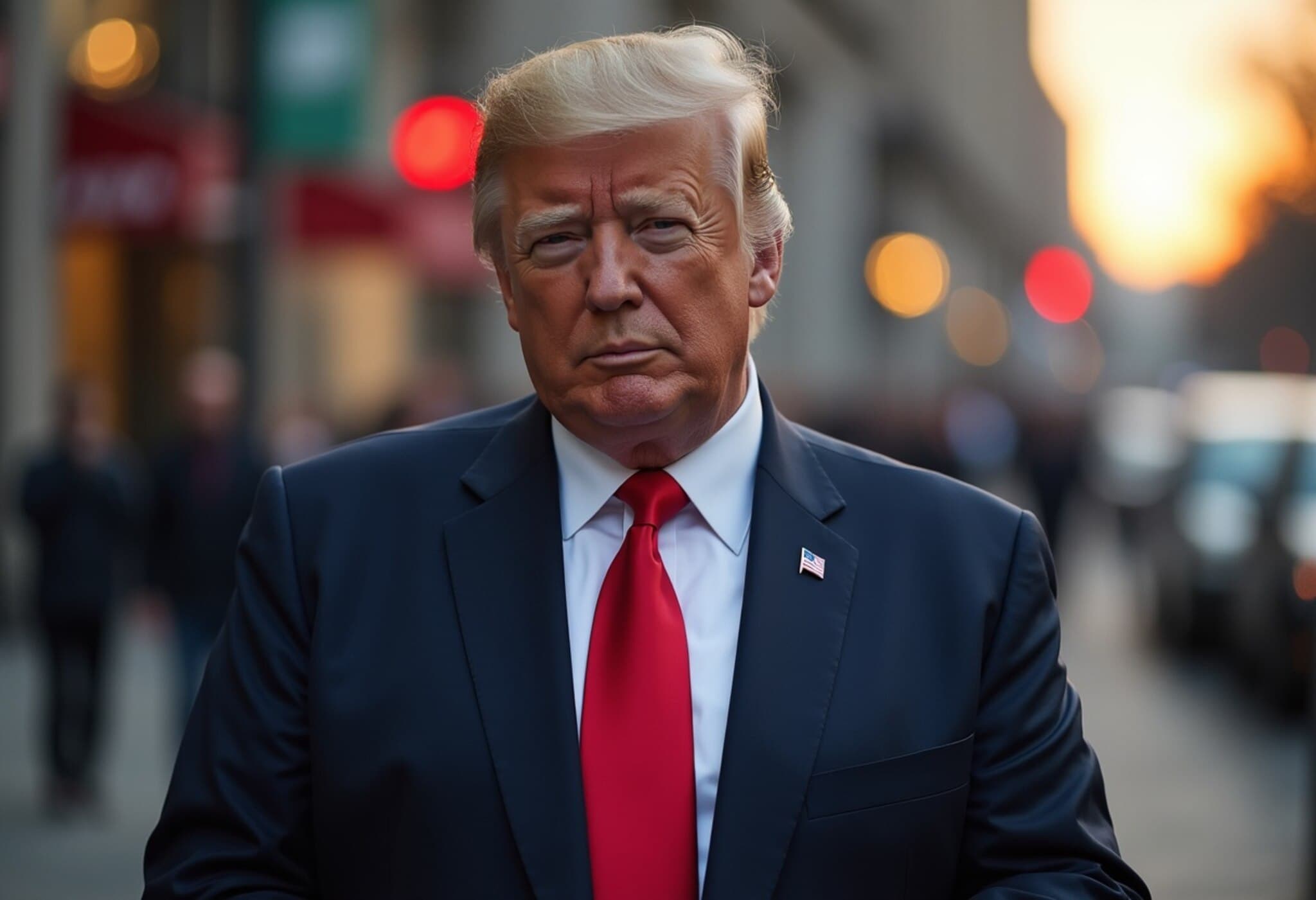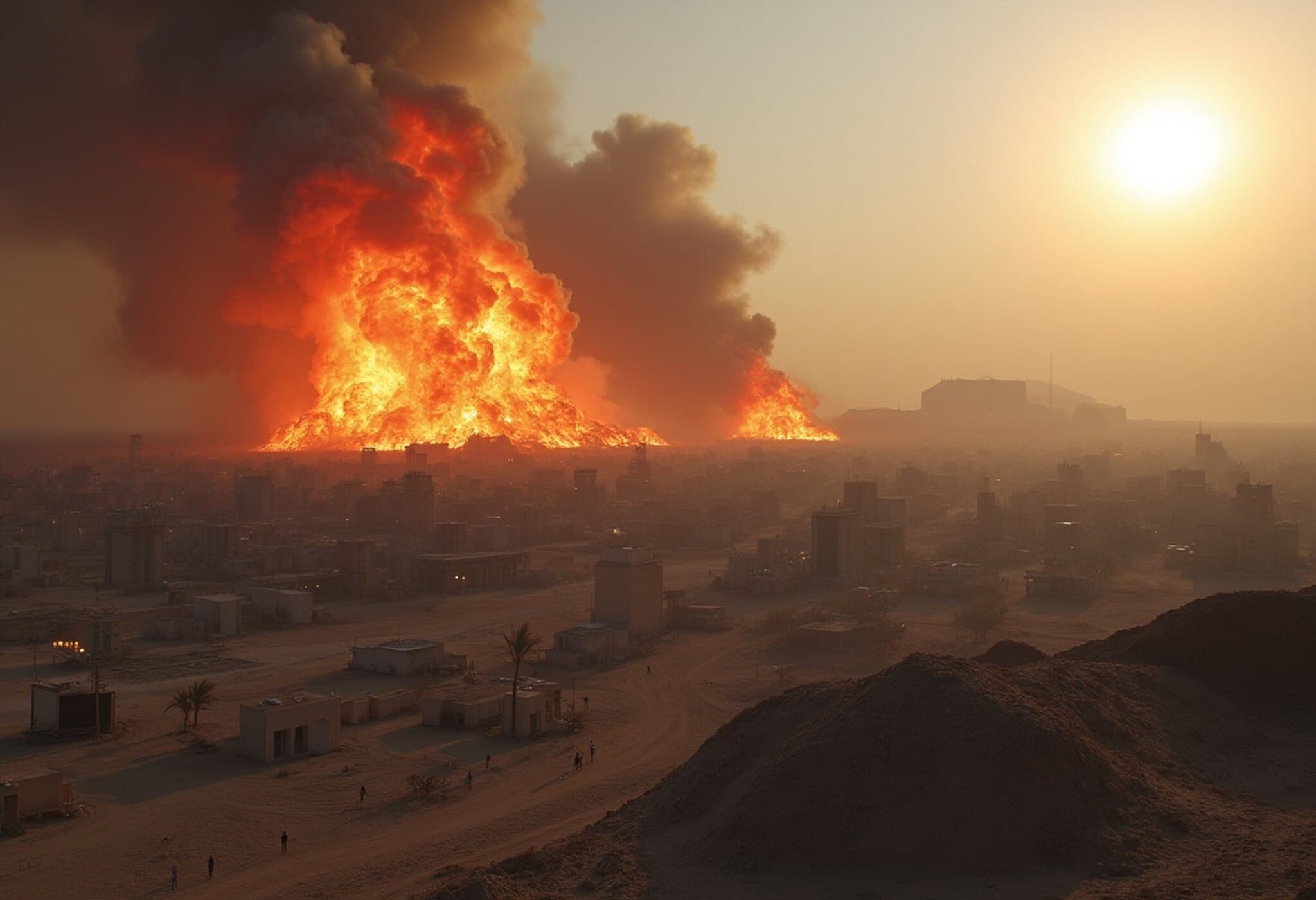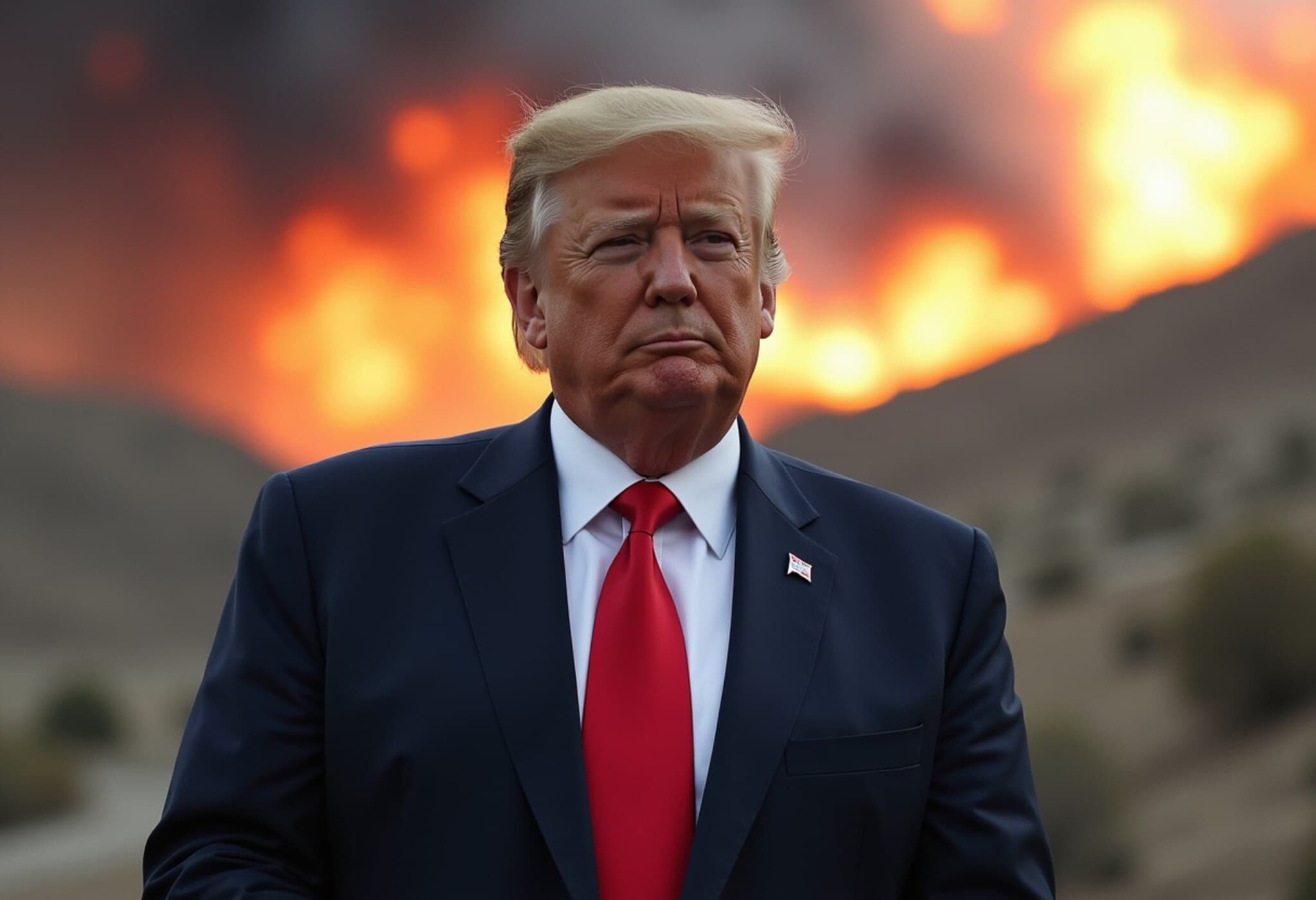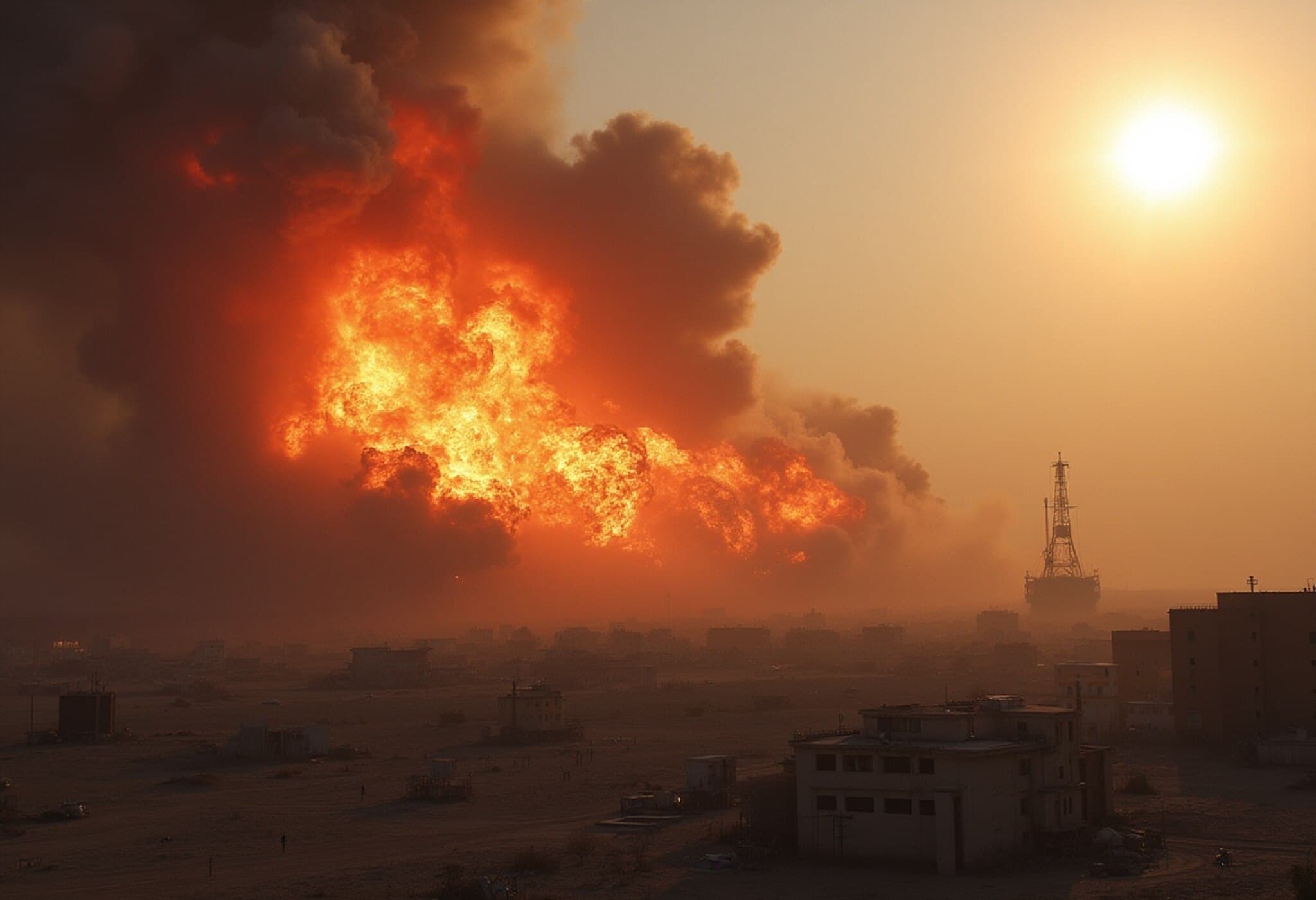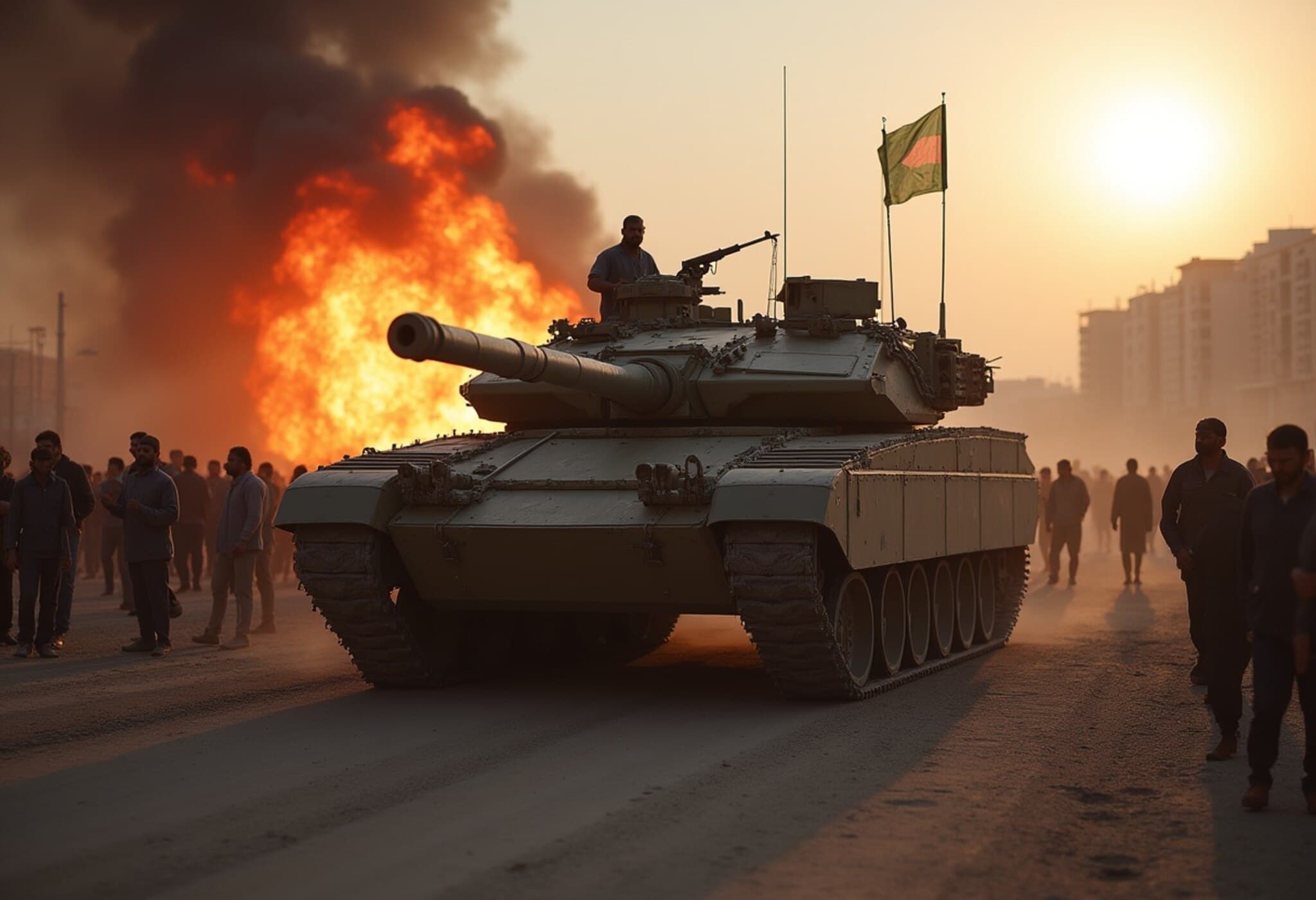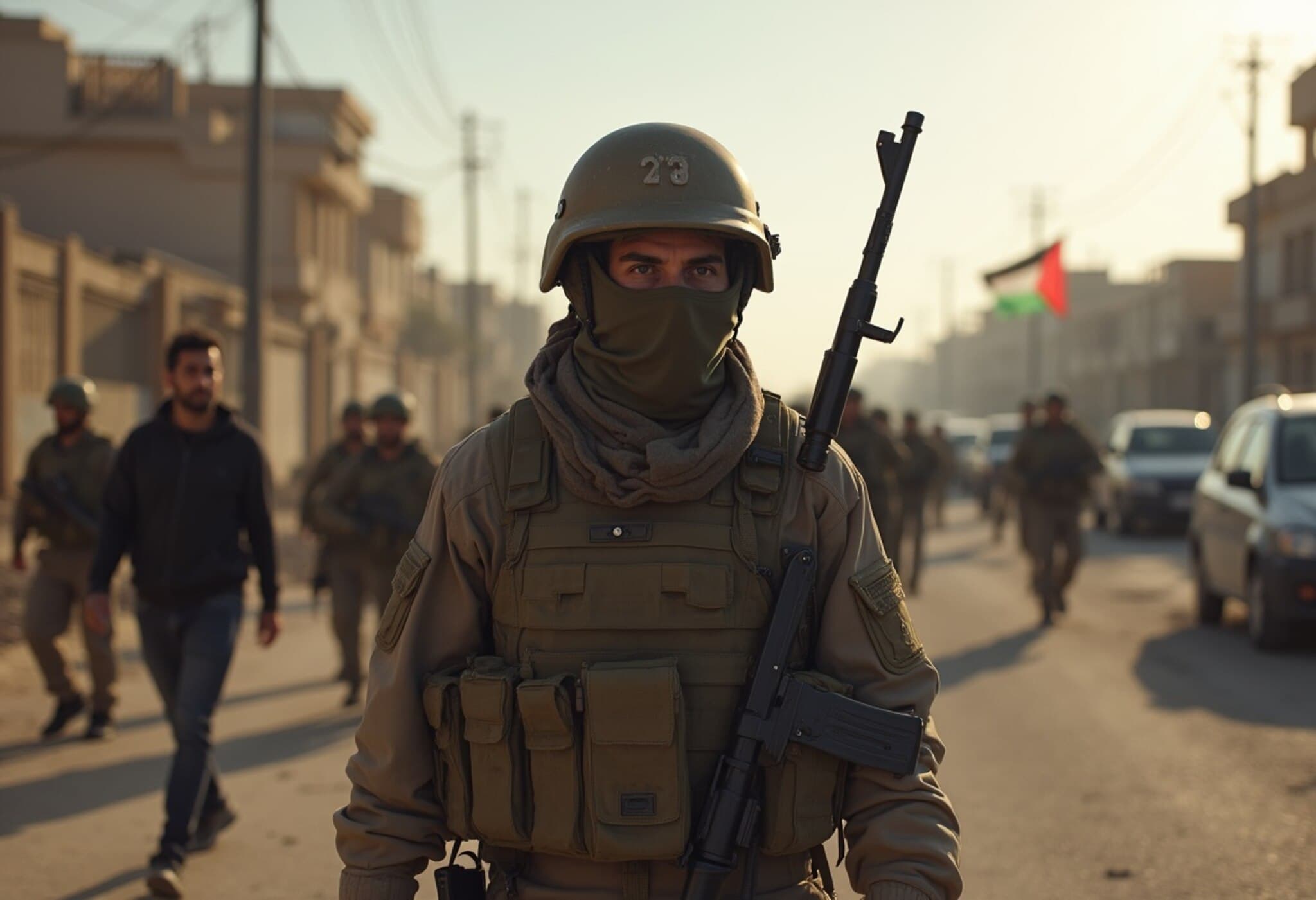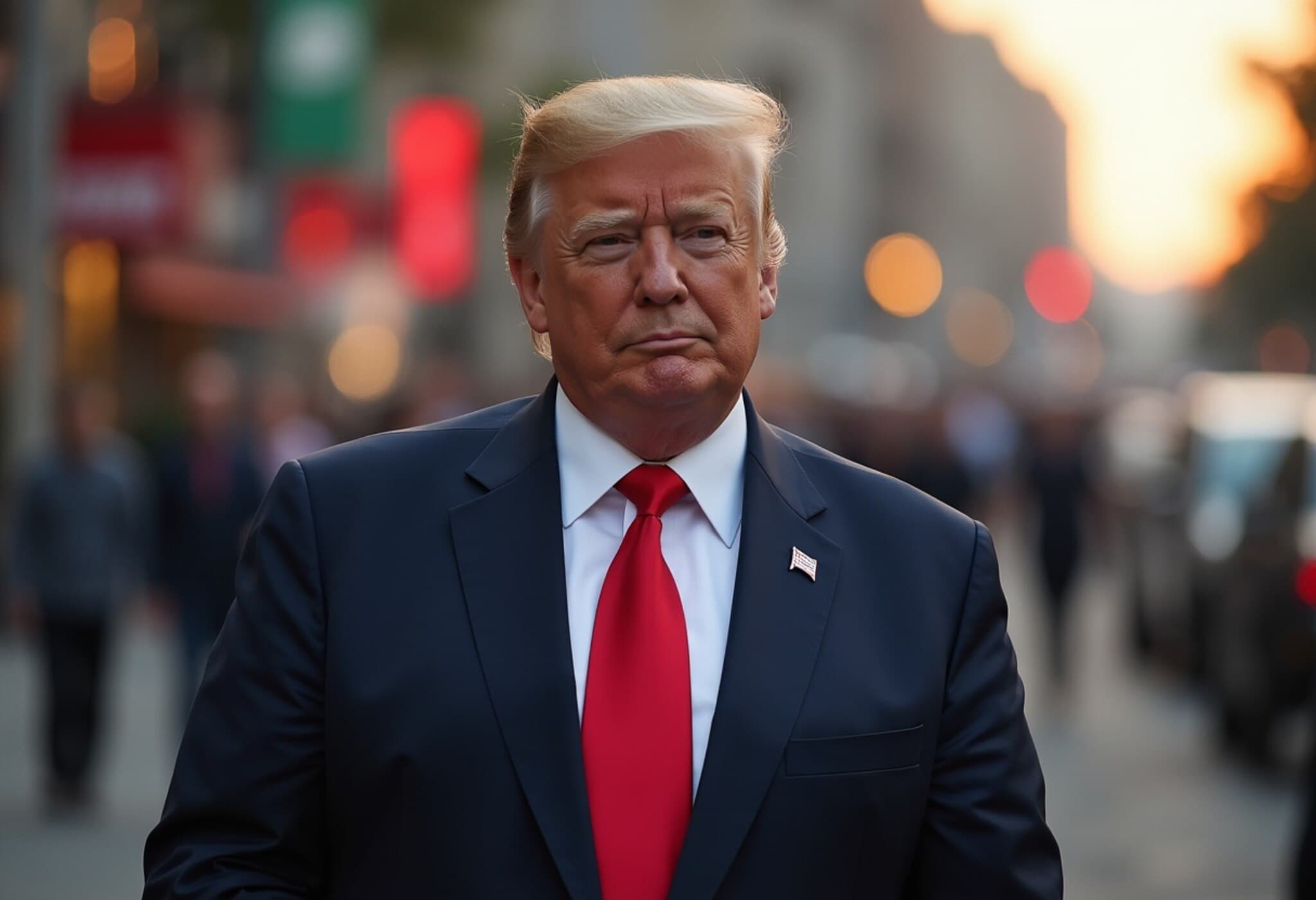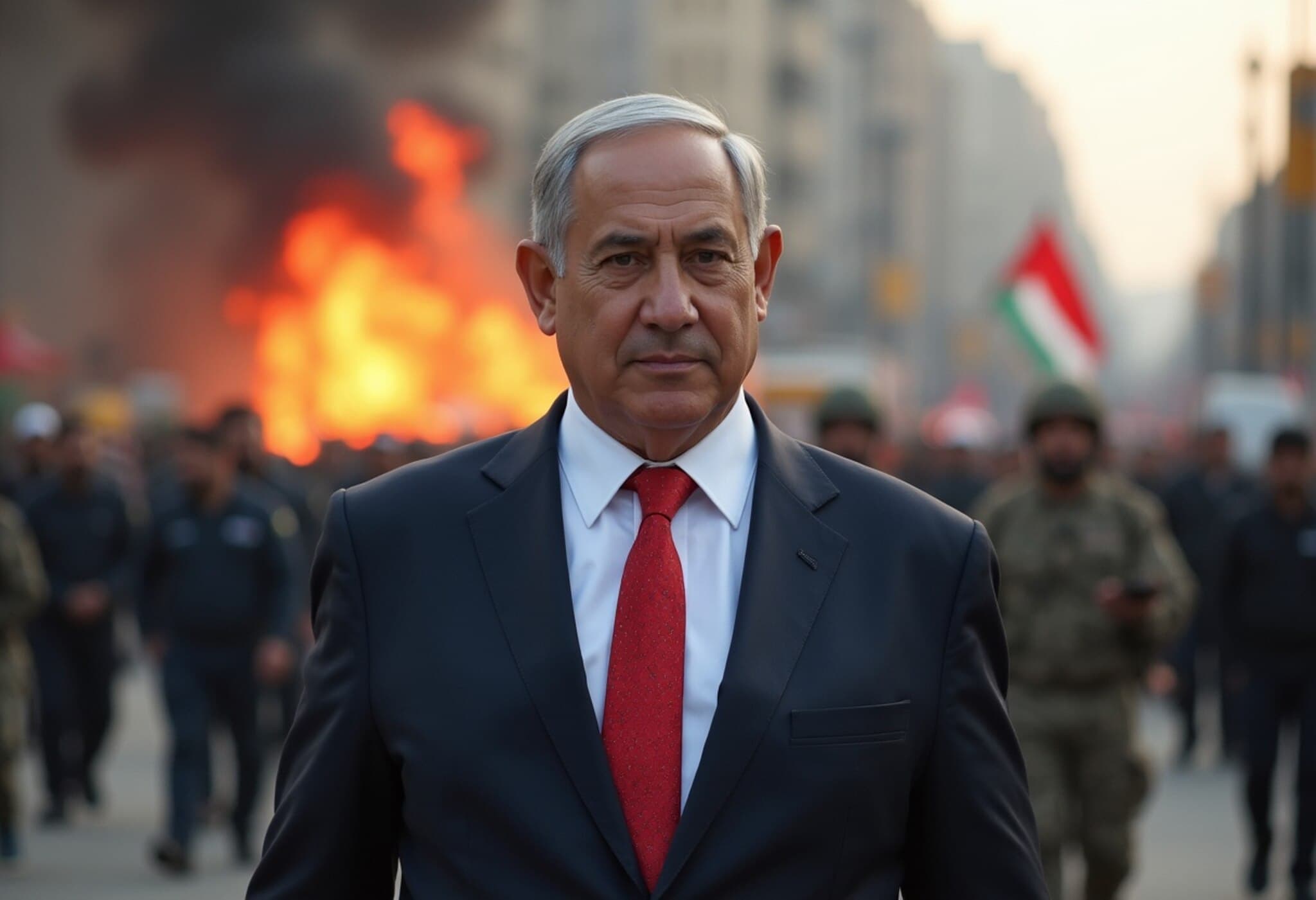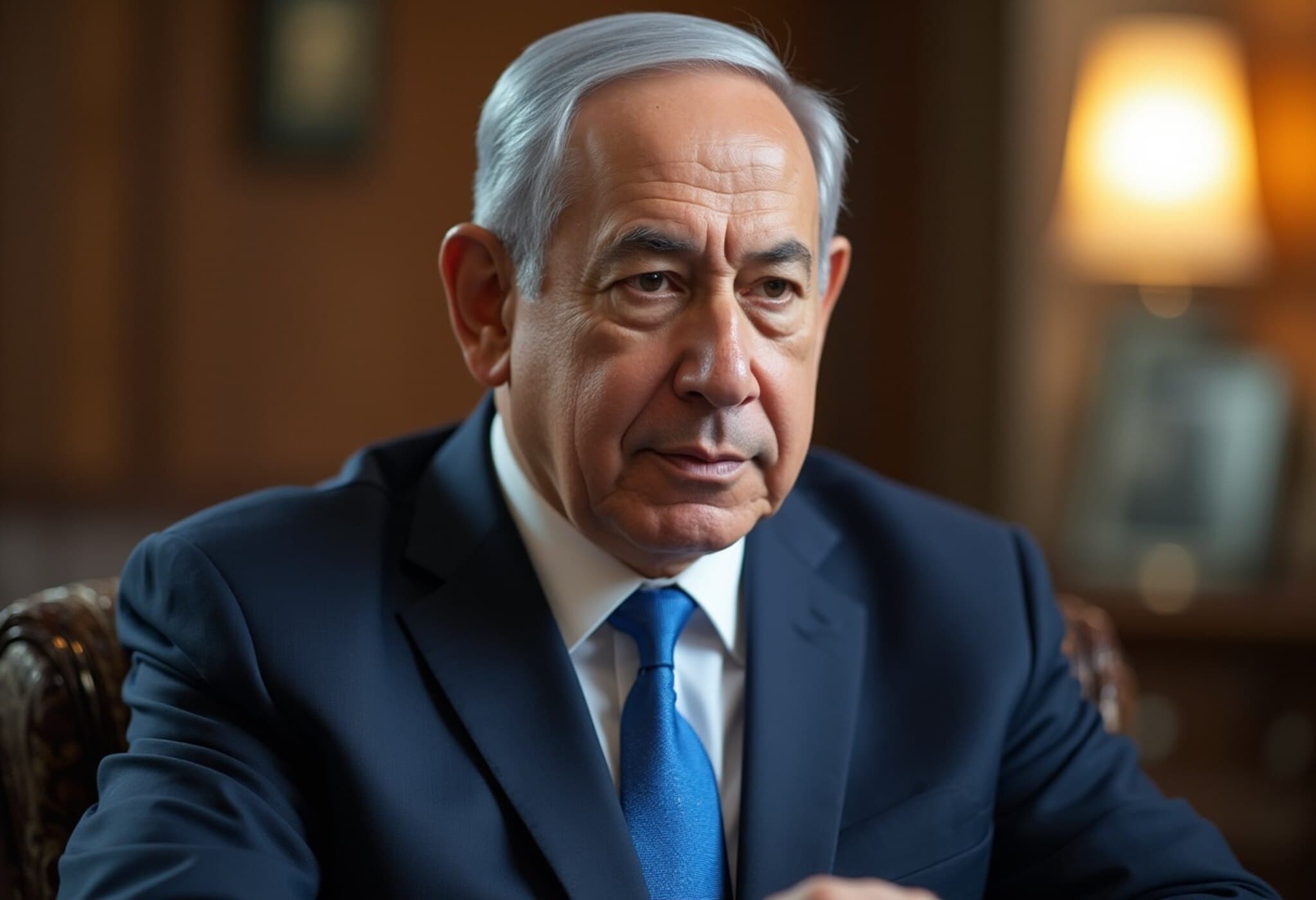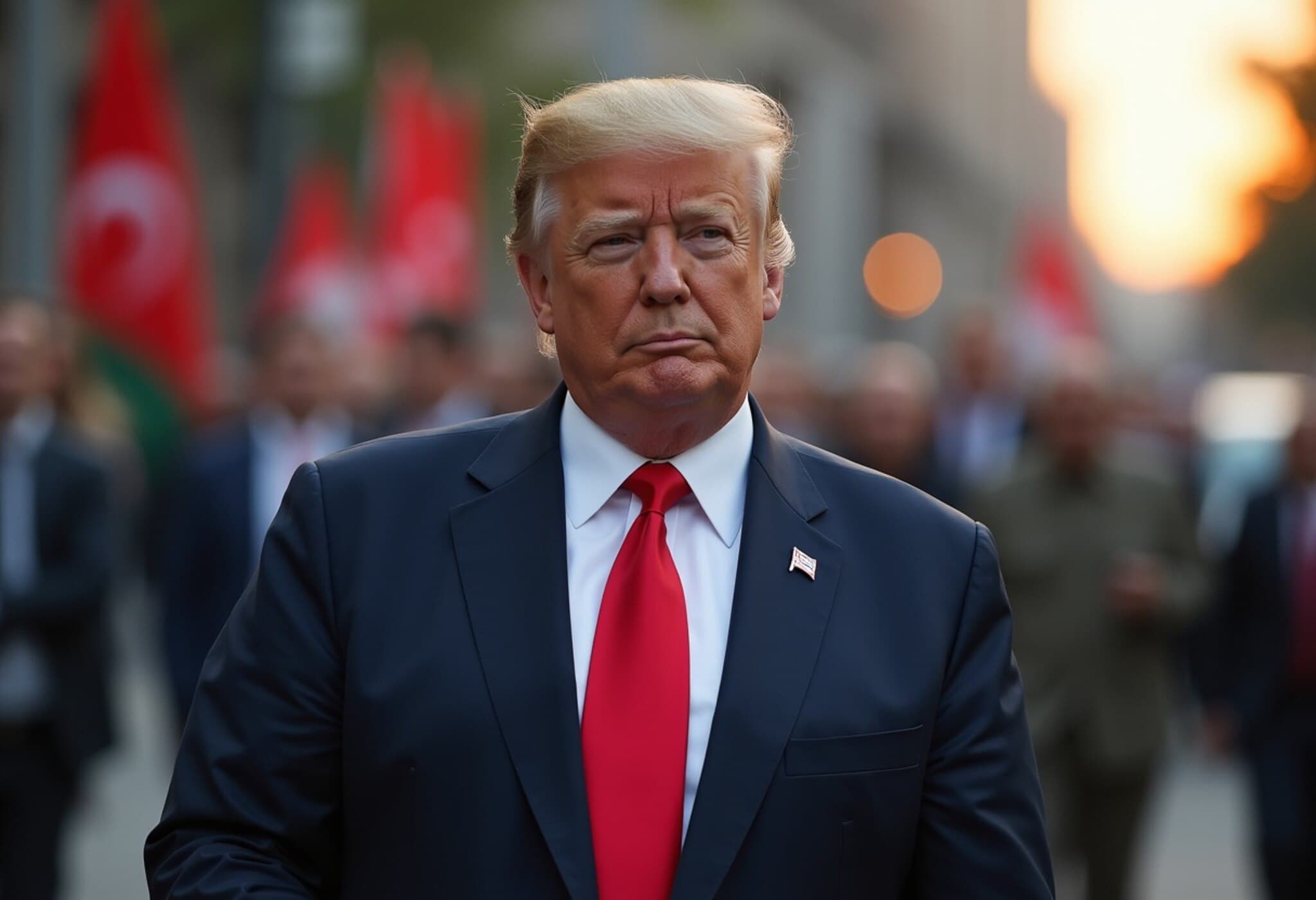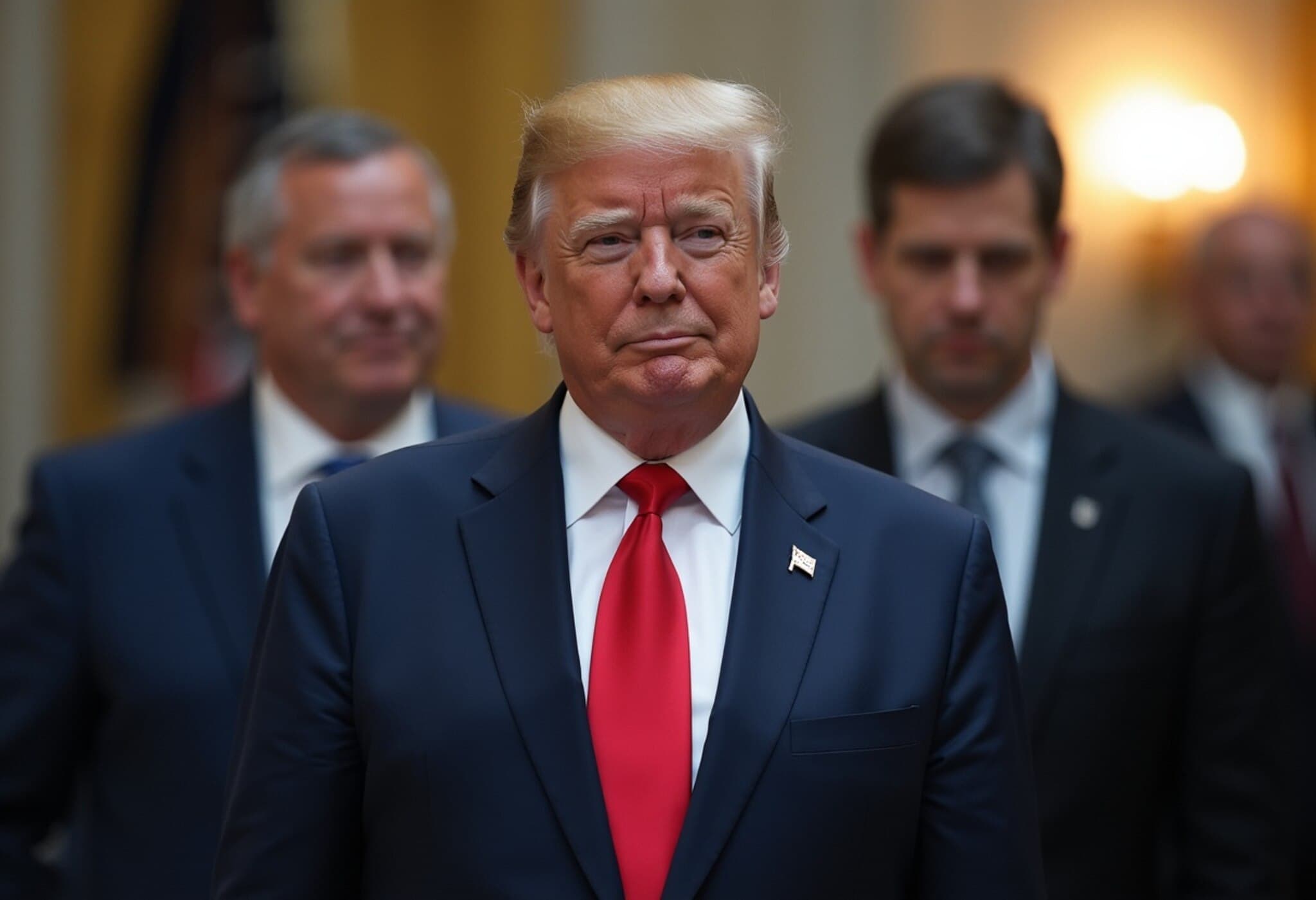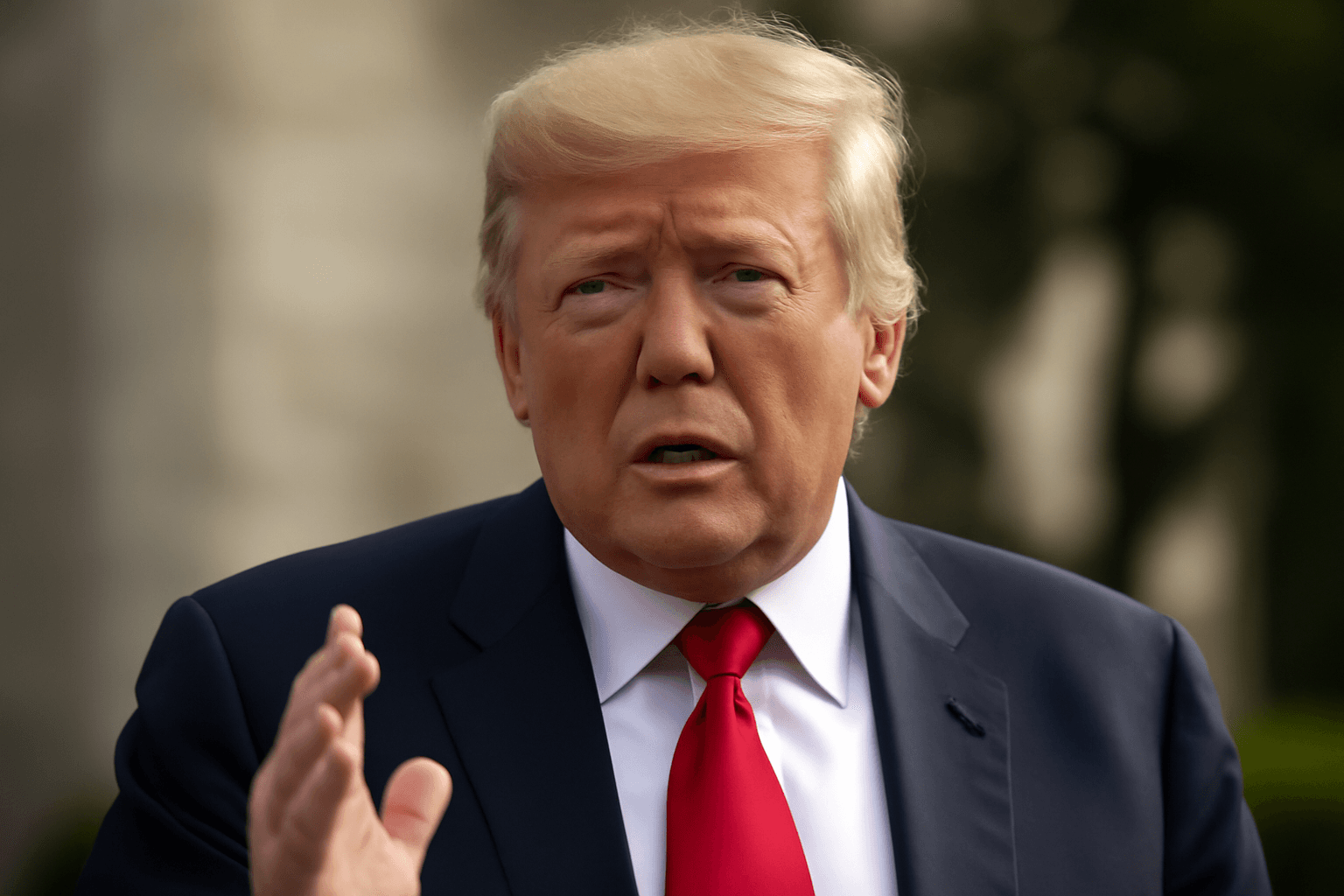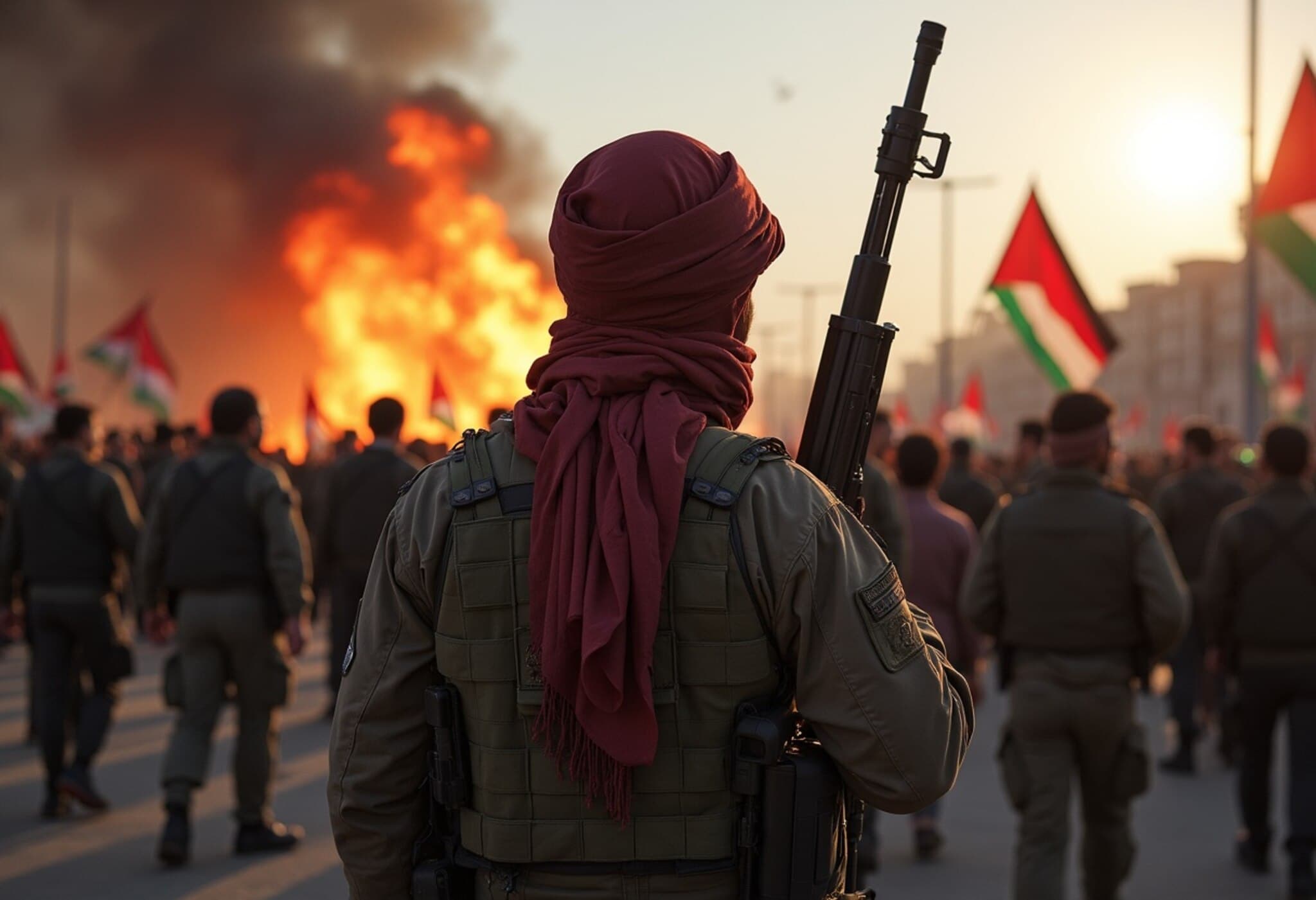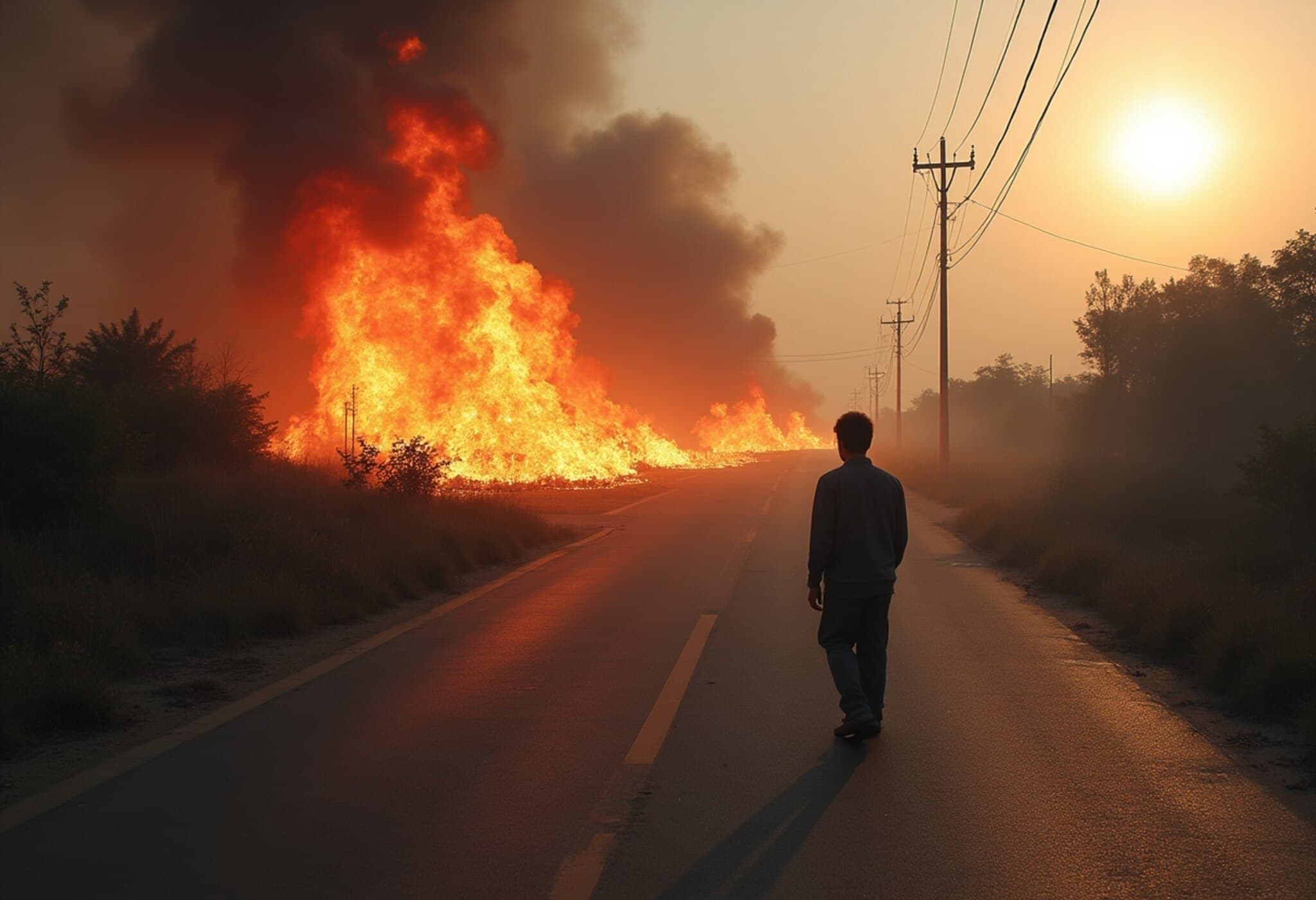Trump Emphasizes Israel's Urgent Decision on Gaza Amid Hostage Tensions
On July 27, 2025, former U.S. President Donald Trump publicly addressed the complex and escalating situation unfolding in Gaza, where Israel faces mounting pressure to respond to Hamas’s hardened stance in hostage negotiations. Speaking from his golf estate in Turnberry, Scotland, Trump warned that Israel will soon confront a pivotal decision regarding its next strategic steps in the conflict-stricken region.
Hostage Release Stalemate Raises Stakes
Highlighting the growing challenge, Trump underlined the critical importance of securing the release of hostages currently held by Hamas militants in Gaza. “They don’t want to give them back,” Trump remarked, referring to Hamas’s increasingly rigid position, signaling a potential deadlock in ongoing ceasefire and negotiation efforts. This shift marks a significant turning point, suggesting that previous diplomatic engagements may no longer yield desired results.
His comments came just before a meeting with European Commission President Ursula von der Leyen, underscoring the international dimension of the crisis. Trump refrained from speculating on the outcome but stressed that Israel must now navigate the difficult path ahead with clear resolve.
Contextualizing the Crisis: Why This Moment Matters
The Gaza conflict has long manifested as a tinderbox of geopolitical tension, with hostage situations historically amplifying emotional and political stakes. Trump's candid focus on the “hardened” stance of Hamas offers insight into a rapidly shifting landscape where diplomacy and military options are weighed under intense international scrutiny.
Experts note that hostage negotiations in such conflicts often become flashpoints, impacting broader peace efforts and regional stability. In the U.S., such developments have significant implications for foreign policy, congressional debates, and public sentiment, especially as American interests and allies are deeply invested in the outcomes.
Underreported Perspectives and Critical Questions
- The civilian perspective: Beyond political calculations, the human stories of those held hostage and the civilian population caught in the conflict zone often receive less attention. How will these narratives influence Israel’s decision-making and international advocacy?
- International mediation role: With the EU’s Ursula von der Leyen engaging in dialogue, what part will European diplomatic efforts play alongside U.S. influence in shaping the trajectory?
- Long-term security implications: How might this hardened stance by Hamas affect future ceasefires, regional alliances, and counterterrorism strategies?
Looking Ahead: The Path Forward for Israel and Global Stakeholders
Israel stands at a crossroads, with the necessity to weigh military responses against diplomatic overtures amid a fraught hostage crisis. International observers will be watching closely to see whether heightened tensions translate into renewed conflict or open channels for a breakthrough.
This moment serves as a stark reminder of the fragile balance in Middle Eastern geopolitics and the vital importance of sustained, multifaceted dialogue to prevent further humanitarian fallout.
Editor's Note
The recent developments in Gaza underscore the complexity of hostage diplomacy amidst a protracted conflict. While the hardened stance of Hamas complicates immediate resolutions, it also spotlights the urgent need for transparent international mediation and humanitarian considerations. Readers are encouraged to reflect on the broader human impact and the difficult decisions awaiting leaders on the ground. How will Israel’s next steps shape the future of regional peace—and what role will global actors play in fostering a sustainable path forward?

